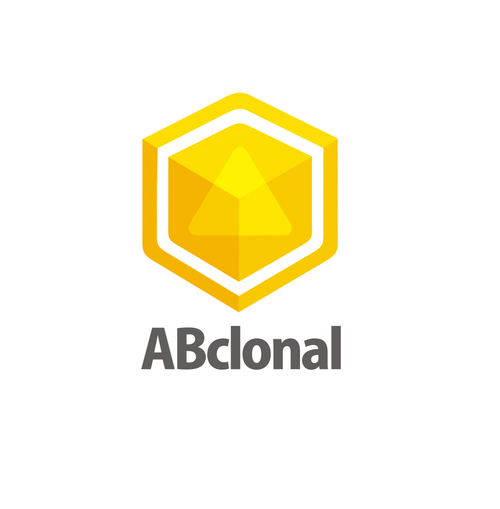Product Description
Mouse Pulmonary Surfactant-associated protein C (SFTPC) ELISA Kit | KTE70441 | Abbkine
Application: This Mouse Pulmonary Surfactant-associated protein C (SFTPC) ELISA Kit employs a two-site sandwich ELISA to quantitate SFTPC in samples. An antibody specific for SFTPC has been pre-coated onto a microplate. Standards and samples are pipetted into the wells and anySFTPC present is bound by the immobilized antibody. After removing any unbound substances, a biotin-conjugated antibody specific for SFTPC is added to the wells. After washing, Streptavidin conjugated Horseradish Peroxidase (HRP) is added to the wells. Following a wash to remove any unbound avidin-enzyme reagent, a substrate solution is added to the wells and color develops in proportion to the amount of SFTPC bound in the initial step. The color development is stopped and the intensity of the color is measured.
Detection Method: Colorimetric
Conjugate: N/A
Sample Type: Cell culture supernatants#Serum#Plasma#Other biological fluids
Assay Type: Multiple steps standard sandwich ELISA assay with a working time of 3-5 hours. It depends on the experience of the operation person.
Kit Component: • Mouse Pulmonary Surfactant-associated protein C microplate
• Mouse Pulmonary Surfactant-associated protein C standard
• Mouse Pulmonary Surfactant-associated protein C detect antibody
• Streptavidin-HRP
• Standard diluent
• Assay buffer
• HRP substrate
• Stop solution
• Wash buffer
• Plate covers
Features & Benefits: Mouse Pulmonary Surfactant-associated protein C (SFTPC) ELISA Kit has high sensitivity and excellent specificity for detection of Mouse SFTPC. No significant cross-reactivity or interference between Mouse SFTPC and analogues was observed.
Calibration Range: Please inquire
Limit Of Detection: Please inquire
Usage Note: • Do not mix components from different kit lots or use reagents beyond the kit expiration date.
• Allow all reagents to warm to room temperature for at least 30 minutes before opening.
• Pre-rinse the pipet tip with reagent, use fresh pipet tips for each sample, standard and reagent to avoid contamination.
• Unused wells must be kept desiccated at 4 °C in the sealed bag provided.
• Mix Thoroughly is very important for the result. It is recommended using low frequency oscillator or slight hand shaking every 10 minutes.
• It is recommended that all samples and standards be assayed in duplicate or triplicate.
Storage Instruction: The unopened kit should be stored at 2 - 8°C. After opening, please store refer to protocols.
Shipping: Gel pack with blue ice.
Precaution The product listed herein is for research use only and is not intended for use in human or clinical diagnosis. Suggested applications of our products are not recommendations to use our products in violation of any patent or as a license. We cannot be responsible for patent infringements or other violations that may occur with the use of this product.
Background: SP-C is a fragment of a much larger precursor protein of 21 kD. The precursor contains an exceedingly hydrophobic region of 34 amino acids that comprises most of the mature SP C, and a unique poly-valine domain.Pulmonary surfactant-associated protein C is a membrane protein which manufactures surfactant.Humans and animals born lacking SP-C tend to develop progressive interstitial pneumonitis.The SFTPC gene encodes pulmonary-associated surfactant protein C (SPC), an extremely hydrophobic surfactant protein essential for lung function and homeostasis after birth. It is produced exclusively by type II alveolar epithelial cells in the lung. Pulmonary surfactant is a lipid-rich material that prevents lung collapse by lowering surface tension at the air-liquid interface in the alveoli of lung.
Alternative Names: SFTPC; PSP-C; SFTP2; SMDP2; SP-C; pulmonary surfactant apoprotein-2 SP-C; surfactant; pulmonary-associated protein C
Search name: SFTPC; PSP-C; SFTP2; SMDP2; SP-C; pulmonary surfactant apoprotein-2 SP-C; surfactant; pulmonary-associated protein C
Tag: SFTPC
 Euro
Euro
 USD
USD
 British Pound
British Pound
 NULL
NULL








